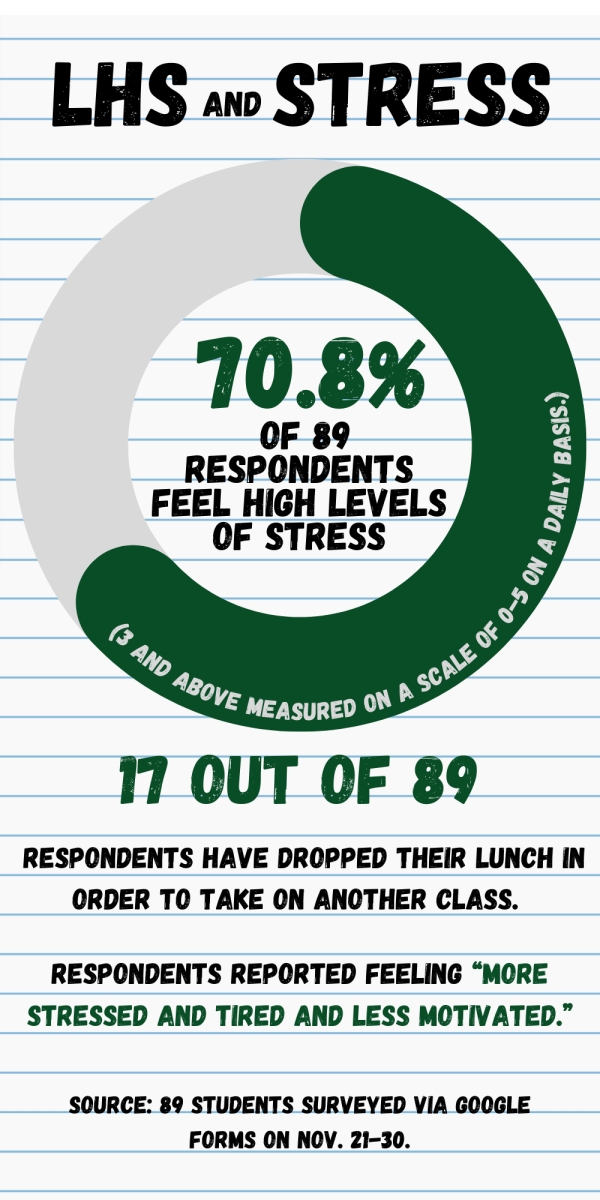Potential Democratic presidential nominee Bernie Sanders has been very vocal in expressing his desire for changes in education. Sanders, as expected, is very popular amongst the young voters, evidenced by a 84 percent standing from 17- to 29-year-old Iowa caucus voters, per FiveThirtyEight entrance polls.
While Sanders does have many other agendas for his campaign, his focus is on wealth inequality and education reform, namely dealing with college tuition, which he believes is a financial barrier on young Americans and hurts the economy as a whole. Sanders wants to sign into law a plan that would lower the financial burden upon college hopefuls. That all sounds good on paper, but how would that plan be executed?
According to his website and past speeches, Sanders has six main principles that he believes would better the post-secondary education system in America. The first (and arguably the biggest) of which is eliminating the cost of tuition at public universities: “The Sanders plan would make tuition free at public colleges and universities throughout the country.”
It should be noted that Sanders’s proposal suggests a free college tuition for students, not a free education. The costs of room and board and other expenses would still be there, and they could potentially be jacked up some more. This has appeared to me as a common misconception among my fellow students. After reading the recent primary survey sent out to every student at LHS (which asked who they’d vote for and why), a good amount of the responses mentioned “a free college education” as one of the reasons for choosing Sanders. The average cost of room and board among colleges in the U.S. is around $10,000, according to the College Board.
College tuition, undoubtedly, serves as an obstacle for many people who can’t afford the hefty prices and debts put upon them at such a young age. It makes sense that somebody’s future should not depend on factors that can’t be controlled early in life; an American fundamental is equality and the dream of a life founded upon one’s ability. However, the question is how to lower the burden of student debt realistically.
How would such a ginormous financial proposal be funded? After all, there’s no such thing as a free lunch, meaning the funds have to come from somewhere. In this case, it would be the upper class taking the blow. The basis of Sanders’s argument is that “Wall Street speculators” have an unfair advantage in the stock market exchange. According to his website, “the cost of this $75 billion a year plan is fully paid for by imposing a tax of a fraction of a percent on Wall Street speculators who nearly destroyed the economy seven years ago.”
This means that a tax would not only be placed on the wealthy, but rather imposed on the buying and selling of any stock or bond sold in the United States, according to NPR. Wall Street is not one single entity and is an incredibly vague term; any citizen can engage in the stock market! Imposing a tax, in theory, is counter-productive to economic growth; people would likely be less inclined to invest because they know they wouldn’t be making as much money as before.
According to economic theory, this would thus hurt the economy. If the benefits of a tax outweighed the costs in the long run (i.e. the tax raised its projected amount of revenue without harming the economy), then it would make sense, but it’s all dependent on how the revenue of a tax would be used.
Providing a free college tuition for all students using public funds would be an inefficient use of funding. Not everyone deserves to go to college. It’s harsh, but the reality of the situation is that a lot of people aren’t prepared for a post-secondary education. Some of it is due to a lack of effort, some is due to a lack of education. I see the former point all the time at LHS: students who don’t focus in class and are simply buying time until the final bell rings. There isn’t really any way to quantify this claim, but it’s visible from the lens of being a high school student myself.
Providing a free college tuition to anyone in the nation would mean an influx of college students, and with that, an influx of unprepared students. Only 28 percent of those who took the ACT in 2015 were deemed “college ready,” per the official ACT website. If you thought there were a lot of crazy parties before, wait until after this legislation passes. People would not be going into college with the right mindset, which is ultimately counter to Sanders’s goal of producing “the best-educated workforce in the world.” As the old saying goes, it’s all about quality, not quantity.
Rather than trying to scramble for a solution at the top of the economic ladder, the focus should be on the root of the problem. Education at the primary level (from pre-K to high school) on a nationwide basis is not where it should be, ideally. Sanders has the right idea in trying to improve the education of U.S. citizens, but he’s aiming at the wrong target. Instead of taking people’s money and effectively wasting it on unprepared college students, a better and cheaper solution can be made by improving the first 18 years of a student’s development.




















![For the final piece, a combination of Symphony Orchestra and Wind Ensemble played an extravagant song by Paul Hindemist. Flute soloist Dakota Olson had her moment highlighted within this song. “[My solo] was definitely challenging but it was fun too,” Olson said.](https://www.lhsdoi.com/wp-content/uploads/2024/03/amy-and-joey-shot-1200x800.jpg)


